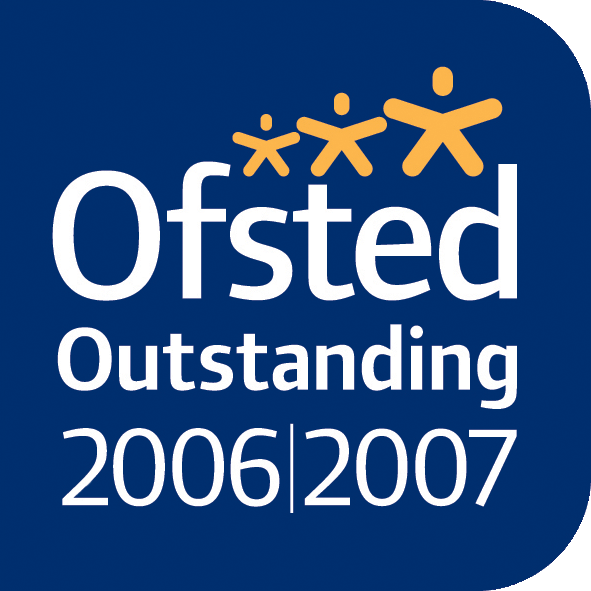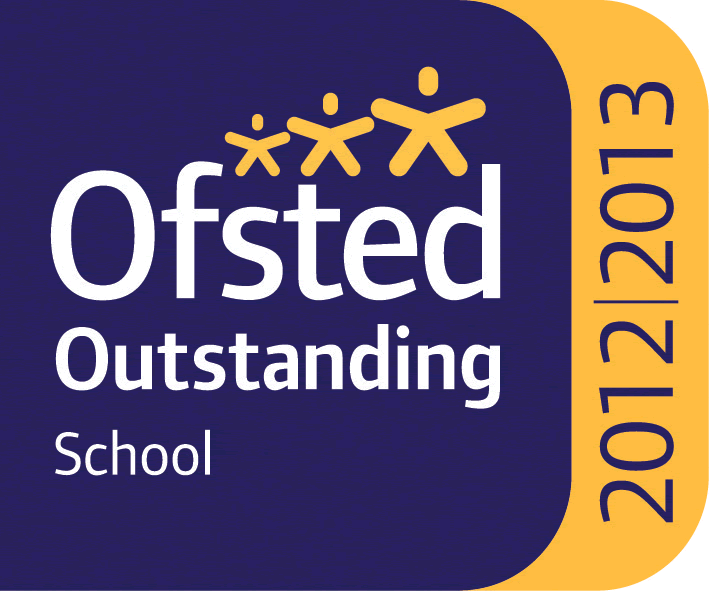Examination Board: Eduqas
Assessment Details
All skills must be assessed in the same tier, either Foundation (grades 1-6) or Higher (grades 3-9). All examinations to be taken at the end of the course.
Speaking: one oral examination (25%)
Listening: written examination (25%)
Reading: written examination (25%)
Writing: written examination (25%)
Course Information
The context for learning the language is organised under three broad themes:
- Identity and culture
- Local, national, international and global areas of interest
- Current and future study and employment
Each broad theme is divided into sub themes.
|
Identity and culture |
Local, national, international and global areas of interest |
Current and future study and employment |
|
Youth Culture
Lifestyle
Customs and traditions
|
Home and locality
Spain and Spanish-speaking countries
Global sustainability
|
Current study
World of work
Jobs and future plans
|
Steps to Success in GCSE Spanish
- Do all work to the best of your ability and on time. If you genuinely struggle, ask your teacher for help as soon as possible. Your learning is your responsibility.
- Know, by heart, the past, present and future of regular verbs. Test yourself on them weekly.
- Know, by heart, the past, present and future of the following ten irregular verbs as a minimum: ser, tener, ir, hacer, querrer, deber, poder, beber, salir. Test yourself on them weekly.
- Learn vocabulary thoroughly: gender, plural form of nouns, endings of verbs. Test yourself weekly, for meaning, spelling and pronunciation.
- Prepare revision aids as you go along, so when you revise in the Spring of Year 11, you have your own material to use.
- Revise all the key vocabulary from each topic very thoroughly; the more words you know the better! Experiment using spider diagrams and mind maps or try recording key vocabulary then playing it.
- Know your sentence and question building blocks, such as:
- me gusta + bject + porque + reason
- Time frame + subject + g + place + where + activity;
- cuand + weather, opinion + activity + who with
- Give details after everything you say, using a variety of connectives.
- Do not repeat structures! Variety makes for much better work.
- Listen to Spanish songs, learn a few and sing along – it’s a very good and fun way to improve your pronunciation. Try www.lyricstraining.com
Useful websites:
www.linguascope.com (ask your teacher for the school’s log in details). The Intermediate section has all the GCSE topics, including fantastic vocabulary sheets to download.
www.thisislanguage.com Use your own login details, track your progress and listen to the videos regularly, doing a variety of activitieswww.dolanguages.com for practice and revision
http://www.language-gym.com/
www.languagesonline.org.uk
www.memrise.com To practise vocabulary on a variety of topics




